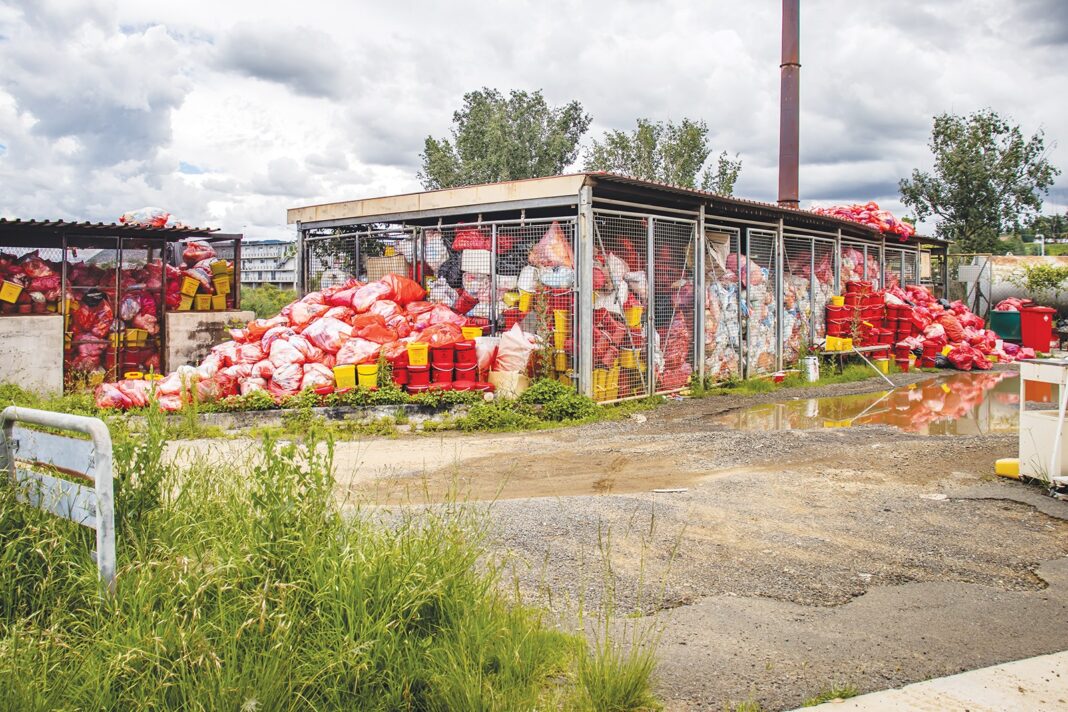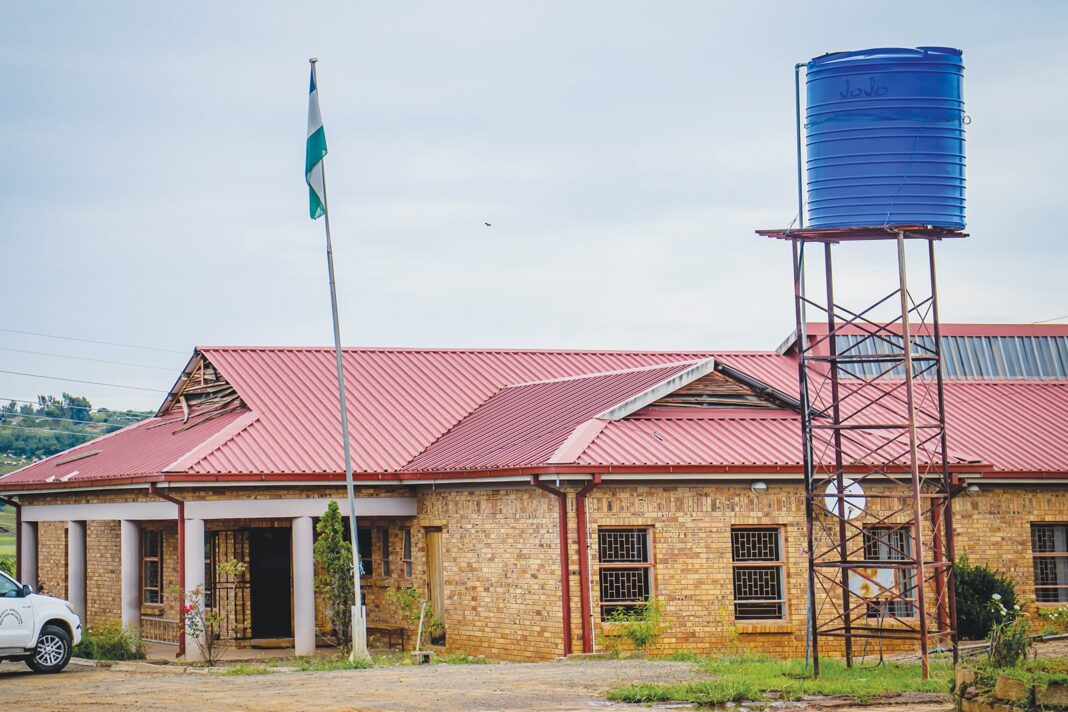By Neo Kolane
The Elizabeth Glaser Paediatric AIDS Foundation (EGPAF) has committed to provide 1200 litres of diesel worth M550,443 every month to 17 hospitals in the country, to expedite the incineration of medical waste.
The fuel will be supplied for four months starting from January 2023, to power incinerators at the hospitals.
The intervention is in response to reports of unsavoury conditions at several hospitals which were unable to properly dispose of medical waste because their incinerators had run out of fuel.
EGPAF’s communications and advocacy manager, ‘Makopano Letsatsi, says ideally, the servicing of incinerators should be done bi-annually.
Letsatsi said EGPAF has direct service delivery staff placed at facilities for HIV/TB and COVID-19 programmes, that contribute to the health waste within the facilities.
She credited USAID with this support, with its COVID fund. As part of its environmental mitigation monitoring support, USAID increased EGPAFs scope of work towards support of healthcare waste management.
“It was through this engagement that EGPAF started its discussions with the ministry of health’s environmental office to identify needs and plan activities together, for the improvement of healthcare waste management,” Letsatsi said.
The Social Cluster committee of the National Assembly met with the ministry of health on January 31, 2022 to discuss the inspection of the incinerator at Motebang Hospital at Hlotse in the Leribe district.
The inspection will happen every quarter and a report will be compiled. The Social Cluster plays an oversight role on the health sector; this involves supervision, monitoring and ensuring accountability for individuals performing different tasks.
The two parties agreed on plans pertaining to the medical waste seen at the hospital.
The chairman of the Social Cluster committee, Mokhothu Makhalanyane, disclosed that the committee had received the information that the waste at Motebang Hospital was a serious health issue that needed to be address promptly.
“We found out medical waste had indeed piled up at the hospital. The problem, we learned, was depletion of diesel and lack of service of the incinerator. We were told that the incinerator could not operate properly if it was overloaded with waster was not given enough time to cool off and be cleaned properly after use.
“Another issue that came up is that of an integrated waste management plan. We demanded its availability and the ministry of health promised for such a plan to be implemented. A medical waste management policy is another thing that the social cluster committee would like to see formulated and enforced.
“An integrated waste management system is required, that will prescribe the frequency of incinerator servicing and who will be responsible for this task.”
Makhalanyane added that a team has been selected to follow up on the matter until it has been dispensed with, as well as the relevant timeframes.
He, however, emphasised that the removal of the medical waste will not be completed in a month since it has accumulated over several months.
“We also touched on the need for a baler machine which is used to compress the medical waste before it is transferred into the incinerator to ease the process of disposal.
“We urged the ministry of health to work on the matter thoroughly and in a safe manner; from the crushed waste to the actual incineration. No hazardous items like needles should be found in the final ashes.
“This issue goes beyond accumulation; it is important to be conscious of where the ashes are dumped, as some end up in the nearby river, posing a serious threat to the safety children, and animals,” Makhalanyane said.
Meanwhile, one of the operators of the incinerator at Motebang Hospital who spoke on condition of anonymity for fear of reprisal, told this publication that burning the medical waste until there is nothing left, is something that cannot be achieved in a short space of time.
He said there is a need for a second incinerator. “A single incinerator operates only six hours because it is pressured with the load of the waste. So there is a need for a second one to share the burden.”









